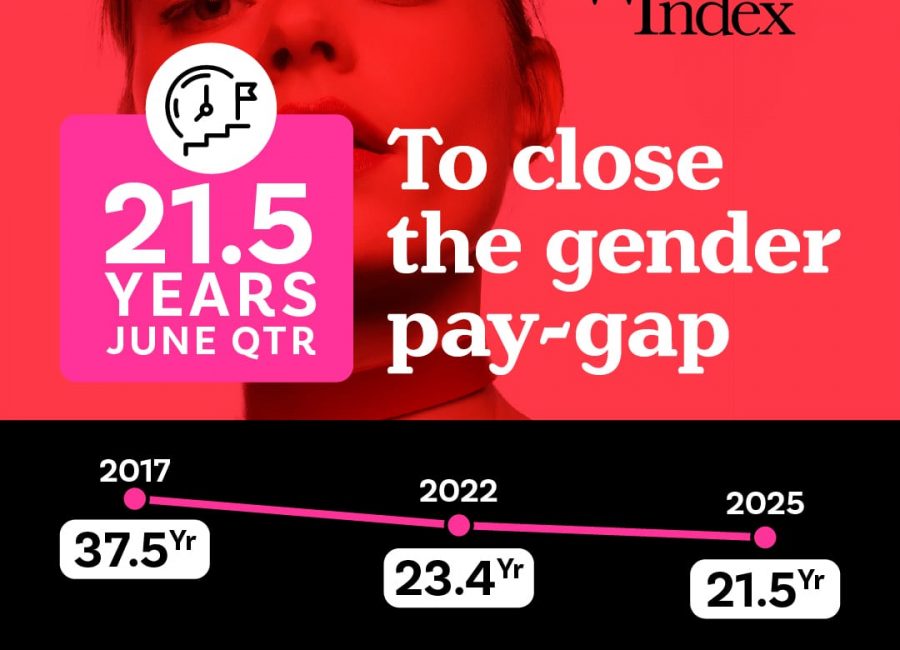Achieving economic equality isn’t a zero-sum game.
Insights from the latest Financy Women’s Index highlight the need to continue to advocate for reform and education for women and men about how we create more equal financial futures.
This year we’ve seen both progress and stark reminders of the status quo and the need to continue to push for gender equality. The government’s recent announcement of superannuation contributions on paid parental leave and the launch of the first National Gender Equality Strategy are positive steps. The Financy Women’s Index (FWX) also reveals a narrowing gender financial gap. Yet, violence against women is on the rise, and wage and superannuation gaps persist, leaving many women financially disadvantaged.
These ‘social tensions’, which are explained in this quarters FWX, highlight that economic equality, is not something women can achieve alone.
Any real progress requires a collaborative effort, and a deeper understanding of the future economic and social impact if women lack financial equity and security – men are crucial partners in achieving this.
Policy developments play a vital role. Super on parental leave is a positive step, but more can be done. Increasing co-contributions for low-income earners, particularly women who may be affected by career breaks, could significantly level the playing field. Additionally, policies that incentivise employers to offer flexible work arrangements and affordable childcare would help support women’s long-term financial security.
But the financial gaps for women don’t just relate to the impact of caring for children – menopause can also have an effect. According to The Super Members Council of Australia, menopause costs women more than $17 billion per year in lost earnings and superannuation.
If a woman is unable to work for an extended period and has used their sick leave, she may be forced to take unpaid leave. When this happens, it’s not only income that is lost but super contributions.
So, to achieve economic equality in retirement we need legislative reform, and greater community awareness of the barriers to women achieving the same level of financial security as men.
We need government, employers, men, and women working to achieve these goals. But empowering women through education and support to understand and take charge of their finances is a great starting point. It’s important for women to actively engage with their super.
Explore online tools to track super balances, understand investment options, and optimise savings for a secure retirement. It might sound cliché but knowledge, more than dollars alone, can really make the difference in building a secure financial future and retirement.
When women thrive financially, our families, communities, and the entire nation benefit. Men and women aren’t competitors – we’re on the same team, aiming for a future where everyone can achieve a secure and dignified retirement. Let’s embrace collaboration.
Financy covers gender finance, diversity, inclusion and ESG issues. We advocate for gender equity change through the Women’s Index report and help businesses take action on DEI through tech solutions like IMPACTER.












